
Working as a home health aide requires more than just a caring heart. It demands a comprehensive set of tools to ensure the well-being of clients while also making the caregiver’s job efficient and effective. Whether you’re new to the profession or a seasoned pro, having the right toolkit is imperative.
Understanding the Role of a Home Health Aide
Home health aides provide personalized care to individuals who are unable to care for themselves independently. The role demands a blend of empathy, skill, and resourcefulness.
Key Responsibilities
- Personal care: Assisting clients with daily activities such as bathing, dressing, and grooming.
- Health monitoring: Keeping track of vital signs and reporting any changes to the healthcare team.
- Companionship: Offering emotional support and interaction.
Must-Have Tools for Every Home Health Aide
An equipped home health aide can provide better care and improve the client’s quality of life. Here’s a list of essentials every aide should have:
1. Medical Equipment
The right medical equipment ensures that you can efficiently monitor and assist with the client’s healthcare needs.
- Blood pressure monitor: Essential for tracking cardiovascular health.
- Digital thermometer: Quickly and accurately assesses body temperature.
- Glucose meter: Important for diabetic clients to monitor their blood sugar levels.
2. Personal Care Supplies
Maintaining the client’s hygiene is paramount. Ensure you have these supplies:
- Disposable gloves: Protects both the aide and the client during personal care tasks.
- Antibacterial wipes: Useful for quick clean-ups and preventing infections.
- Barrier cream: Helps prevent skin irritations and sores.
3. Communication Tools
Effective communication is key to understanding the client’s needs and ensuring their safety.
- Notebook and pen: Handy for jotting down observations and client information.
- Smartphone or tablet: Use it for communication, scheduling, and access to health-related apps and resources.
4. Mobility Aids
If a client has mobility challenges, these tools can be lifesavers:
- Transfer belts: Makes moving clients safer for both parties.
- Walkers or canes: Provide stability and support for clients with balance issues.
Organizational Skills for Home Health Aides
In addition to physical tools, organizational skills are an essential part of caregiving.
Efficient Scheduling
Stay on top of appointments and medication timings with a structured schedule.
Record Keeping
Maintain detailed records of the client’s progress, and use digital tools for secure and accessible data management.
Soft Skills: The Unsung Heroes
Beyond physical tools, the following soft skills are invaluable for any home health aide:
- Patience: Understanding and managing the pace of clients is essential for effective care.
- Empathy: Fosters a deeper connection and trust with clients.
- Adaptability: Each client is different, so being able to adjust your approach is important.
Resources for Continuous Learning
Continuous improvement is beneficial for career growth and client care. Consider the following resources:
Online Courses
Platforms like Coursera and Udemy offer courses specifically for healthcare professionals.
Professional Organizations
Join associations such as the National Association for Home Care & Hospice for networking and educational opportunities.
Conclusion
Being a home health aide is both a challenging and rewarding occupation. Equipping yourself with the right tools—from medical equipment to soft skills—ensures that you’re prepared to provide the best care possible.
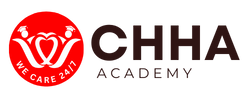





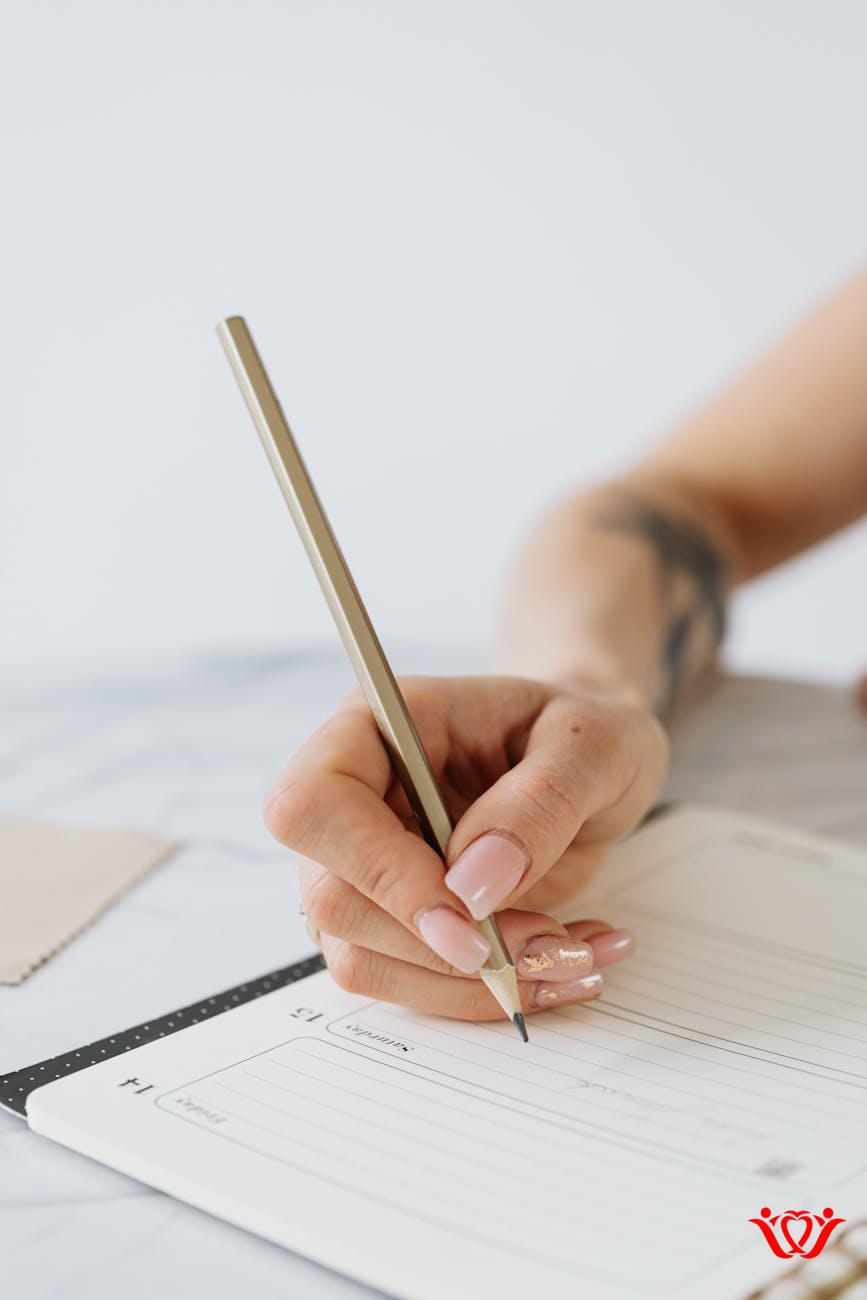
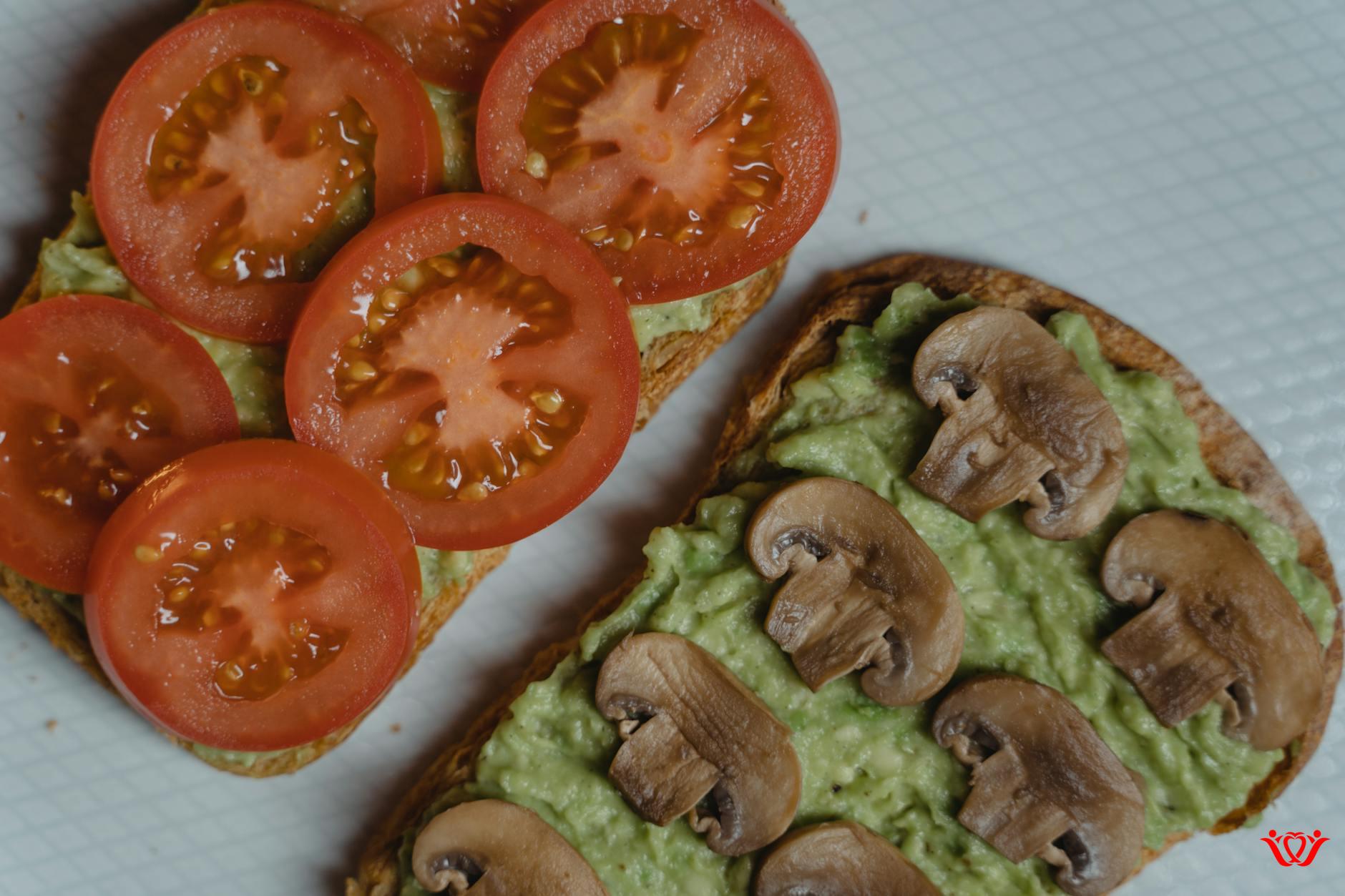
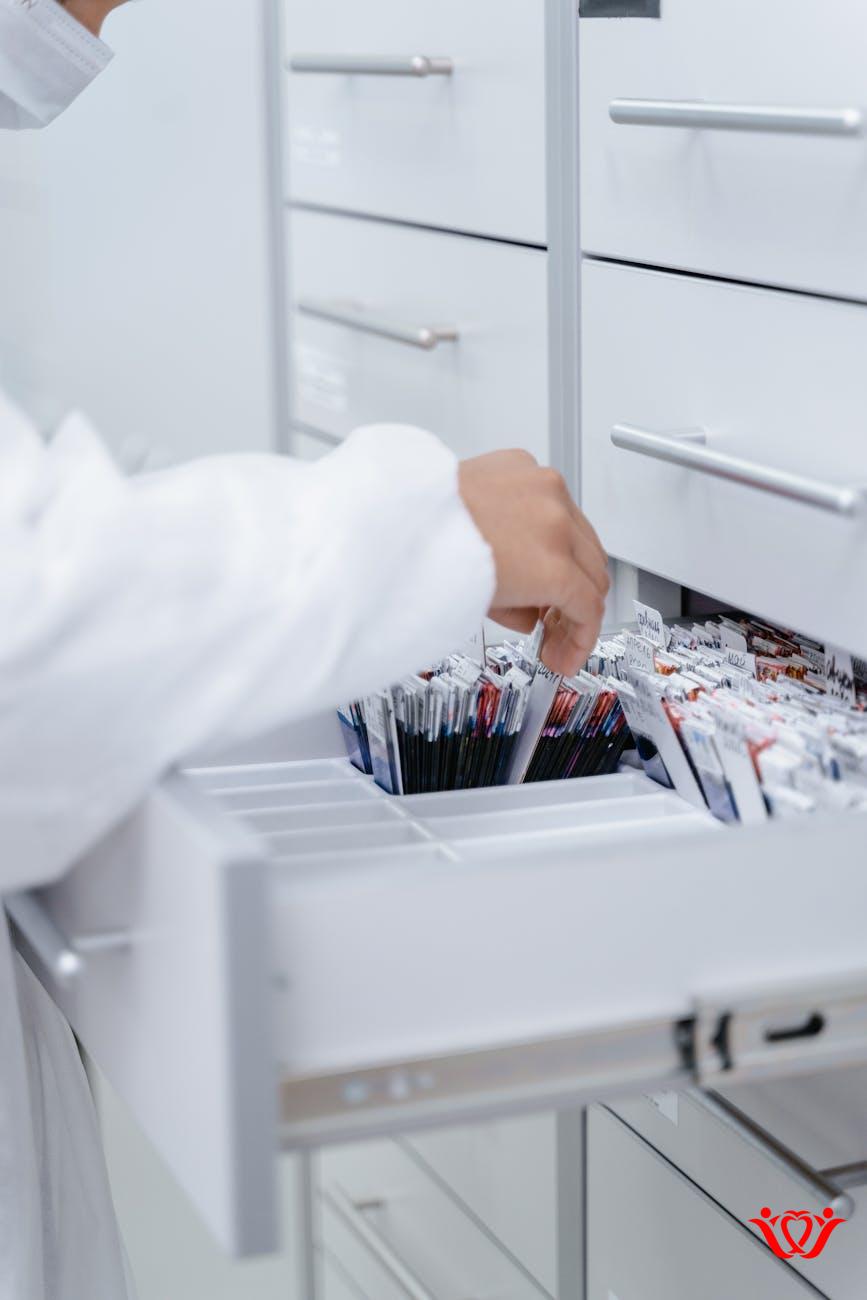
0 Comments